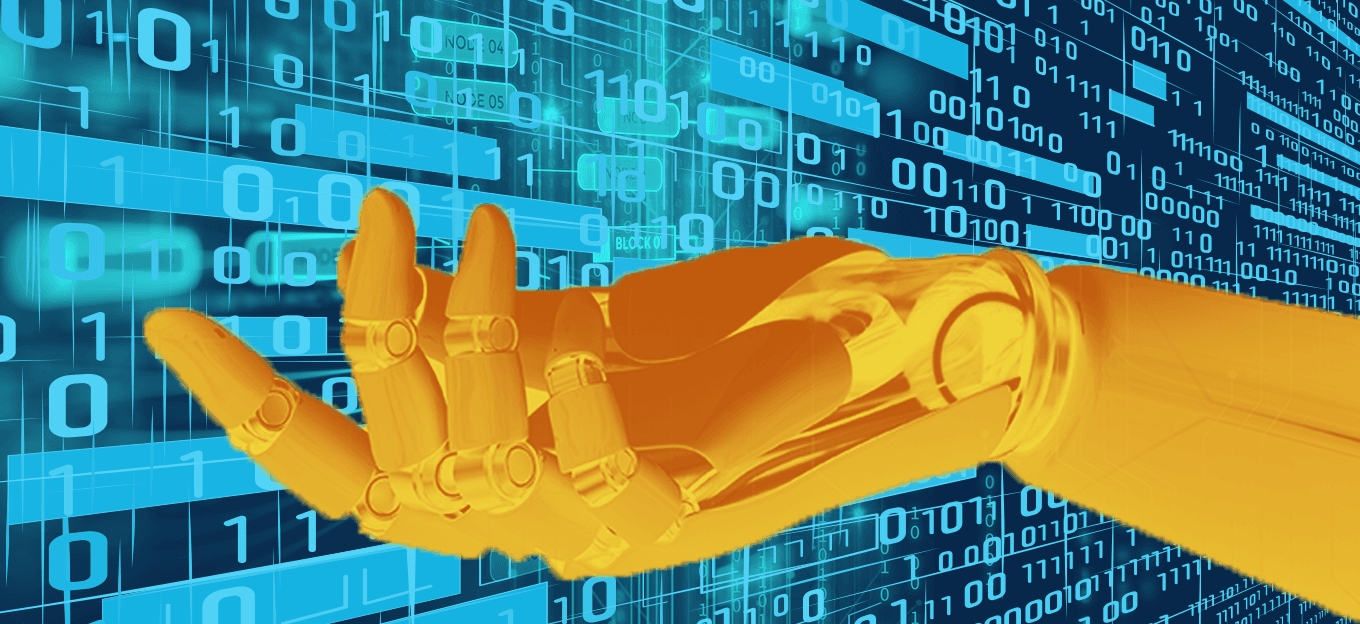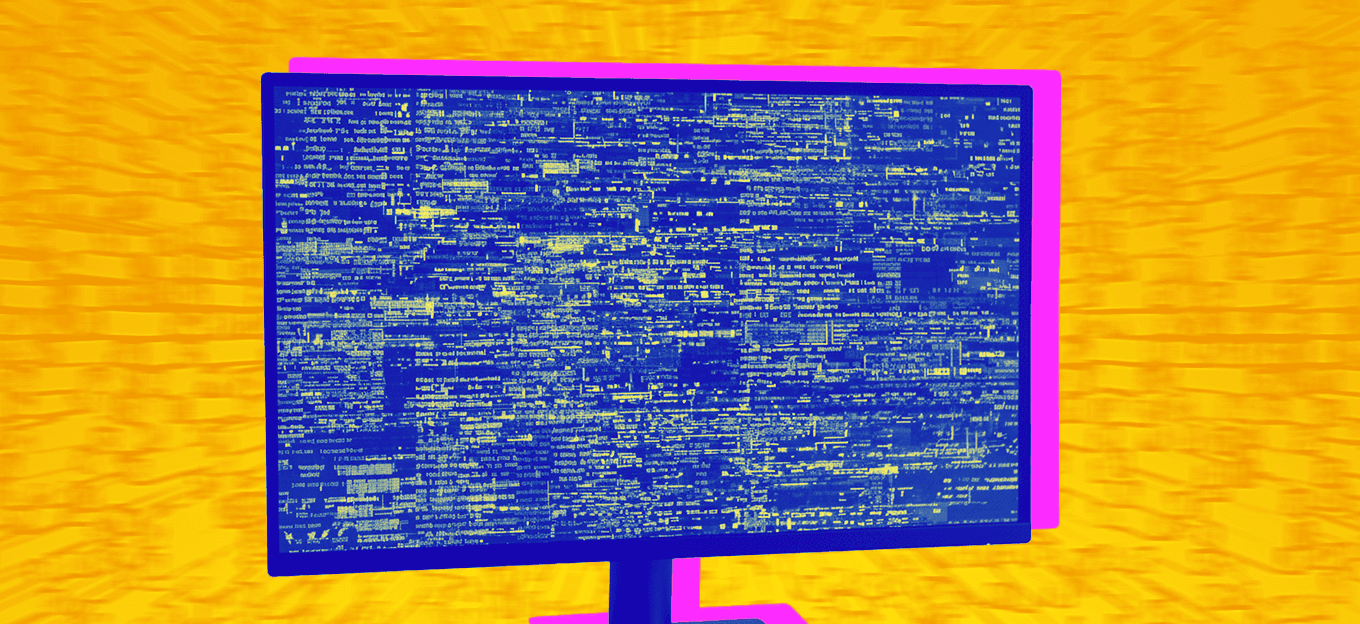Embracing Diversity and Inclusion in IoT
Embracing Diversity and Inclusion in IoT
- Last Updated: December 2, 2024
Guest Writer
- Last Updated: December 2, 2024



The IoT sector is quickly becoming one of the most prominent parts of the technology industry. Experts expect global IoT spending to surpass $1 trillion by 2022 as smart devices become standard in consumer and commercial markets. As the sector grows, eyes are turning toward how it handles diversity and inclusion.
Diversity has traditionally been a stumbling point for technology companies, and IoT companies are showing a commitment to diversity and inclusion.
Diversity has traditionally been a stumbling point for technology companies. The industry has remained predominantly white and male, showing little progress since Silicon Valley started releasing diversity reports. As a comparatively new sector, the IoT has a chance to subvert this trend as it grows.
Thankfully, many IoT companies have showcased a commitment to diversity and inclusion. As more businesses embrace these initiatives, the tech sector as a whole will become more inclusive.
Inclusive Education Investment
The tech sector’s diversity problem starts with education. White students make up most STEM graduates, and many STEM (science, technology, engineering, mathematics) programs skew heavily male. Cultivating engagement and success in more diverse student populations will provide tech companies with a more well-rounded talent pool.
A tech non-profit called CodeSquad is bringing diversity to the IoT industry by addressing this issue. The organization trains students from diverse urban communities in Boston in software development, creating a pipeline to successful tech careers. Unlike most traditional STEM education programs, 60% of the participants are women, and most are people of color.
Programs like this help connect IoT companies with a more inclusive body of job applicants. As they foster more diversity in STEM education, they cultivate inclusion in tomorrow’s tech workforce. Success stories from these programs can also encourage more minority students to pursue a career in IoT.
Look Internationally for Expertise
Another way the IoT sector promotes diversity is by looking outside America’s borders for talent. The H-1B visa program provides a way for international employees to come to the U.S. and work in specialty occupations. The country grants 58,200 H-1B visas a year, many of which go to tech employees.
Key players in the IoT industry like Cognizant, Google, and IBM have led the nation in H-1B applications so far in 2021. By bringing in so many employees from other countries, these companies bring ideas and perspectives from various cultures and regions. The diversity of their workforce expands, and these diverse perspectives foster a culture of inclusion.
H-1B visas are temporary, so these employees don’t stay with these companies for long. Still, this program helps IoT companies reach a diverse workforce to help mitigate the tech labor shortage.
Providing Diverse Data Sets for AI Training
The IoT industry also helps improve diversity and inclusion in other related sectors. The AI industry, in particular, needs diversity at every step to ensure algorithms don’t exhibit human biases. A significant part of that is acquiring diverse data sets, which the IoT sector helps provide.
Since IoT adoption and implementation is so broad, IoT devices are an ideal way to gather data across various demographics. Take smart speakers, for example. Smart speaker ownership is relatively even across different ethnicities, with 26% of users being Hispanic and 19% black. Data from these devices won’t heavily skew towards any one race or ethnicity.
With IoT devices providing more diverse data sets, AI developers can prevent bias and unrepresentative training pools. Some AI companies, like Amazon and Google, produce their own IoT devices, too, making this connection more seamless. As IoT adoption grows, this data will come from an even more diverse user base, further improving AI ethics.
Embrace Accountability in Inclusion
Many IoT companies have also joined diversity and inclusion pacts. These agreements hold businesses accountable, driving them to commit to promoting inclusivity within their workplaces. One of the most notable of these efforts is the UN’s Women’s Empowerment Principles (WEP).
Signatories of the WEP pledge to undertake several inclusion initiatives, including promoting education and professional development for women. The WEP’s signatories include major IoT brands like Nokia, Hewlett Packard, and Sharp. By pledging these principles, these companies embrace accountability in improving their workplace inclusion.
These agreements are public statements of commitment to diversity and inclusion. In addition to holding companies accountable in this area, they show future IoT professionals space for them within the workforce. By demonstrating inclusivity this way, IoT companies encourage professionals from a broader range of backgrounds to pursue a career in the industry.
DEI and IoT Success
Despite historical problems with inclusion, tech sectors like the IoT need diversity. Bringing in varying perspectives and experiences will drive innovation and promote more ethical tech governance. As the IoT expands, a commitment to increasing diversity within the workplace can help push it further.
Many IoT companies have embraced diversity and inclusion, but there’s still a long way to go. Progress will likely take time, but with enough effort in these areas, the IoT industry can create a more equitable future.
The Most Comprehensive IoT Newsletter for Enterprises
Showcasing the highest-quality content, resources, news, and insights from the world of the Internet of Things. Subscribe to remain informed and up-to-date.
New Podcast Episode

The State of Cybersecurity in IoT
Related Articles


